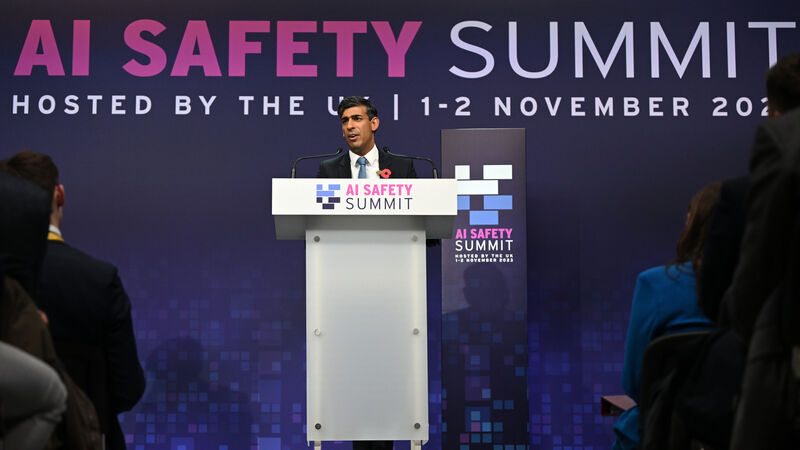From ChatGPT to the AI Safety Summit: The year in AI

Artificial intelligence has become one of the biggest issues in tech in 2023, driven by the rise of generative AI and apps such as ChatGPT.
Since OpenAI rolled out ChatGPT to the public in late 2022, awareness of the technology and its potential has exploded – from being discussed in parliaments around the world to being used to write TV news segments.











